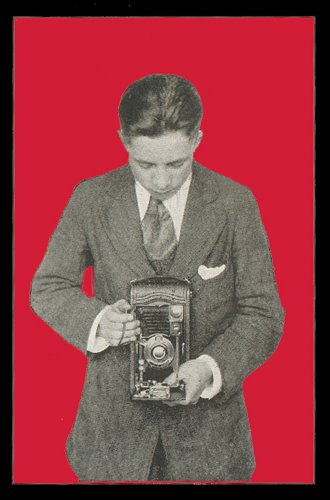
Prior to the advent of the portable tape recorder, naturalists struggled with descriptions of sounds--a thoroughly unsatisfactory procedure as most investigators realized. One frog is decsribed as having a call "like the loud purr of a cat, with a metallic sound of grinding gears." Other authors described the same calls as "a low toned tirr-r-r-r," as "a loud crah-crah-crah," a resonant yeow," or "a snore-like cry." It is manifest that these descriptions convey almost no meaning.
Charles M. Bogart, from the liner notes to
Sounds of The American Southwest, Folkways Recordings, 1959.
***************************
You mean that sound that sounds like the cutting edge of life? That sounds like polar bears crossing Arctic ice pans? That sounds like a herd of musk ox in full flight? That sounds like male walruses diving to the bottom of the sea? That sounds like fumaroles smoking on the slopes of Mt. Katmai? That sounds like the wild turkey walking through the deep, soft forest? That sounds like beavers chewing trees in an Appalachian marsh? That sounds like an oyster fungus growing on an aspen trunk? That sounds like a mule deer wandering a montane of the Sierra Nevada? That sounds like prairie dogs kissing? That sounds like witchgrass tumbling or a river meandering? That sounds like manatees munching seaweed at Cape Sable? That sounds like coatimundis moving in packs across the face of Arkansas?
"The King of Jazz" by Donald Barthelme, 1977.
from Sixty Stories
***************************
Specifically, I embarked upon a career in writing blithely undismayed by the fact that, as a writer, I was primarily interested in that which writing obliterates: in the living atmosphere of all that is shown, seen, touched, felt, smelled, heard, spoken, or sung. I knew this was a peculiar obsession, of course, but I thought writers were supposed to be peculiar. I thought it was just a "problem," that it could be solved, and that, once solved, the enigmatic whoosh of ordinary experience would become my "great subject"--that I could then proceed to celebrate the ravishing complexity and sheer intellectual pleasure of simply being alive in the present moment forever after. I thought.
"Air Guitar" by Dave Hickey, 1997.
from Air Guitar: Essays on Art & Democracy
***************************
I've been wanting to and trying to find something useful to say about Johnny Hodges' "Passion Flower," since the early days of this blog. It's a recording that moves me deeply--depending on the day--from somewhere above my knees to right up the back of my spine.
I've aborted previous efforts, because frankly, I find it difficult to describe Jazz records that I love so intensely, and feel somewhat fraudulent insomuch as my technical vocabulary for this type of thing is limited. And, I'm not much interested in that type of writing anyway.
I could tell you that Hodges was a star in the Duke Ellington band from 1928 onwards, taking a brief solo hiatus in the 1950s and then returning to play with him until his death in 1969. And, like most other great horn players his sound is rooted in his tone, and it's a tone on ballads such as this one, that possesses a quality that is both haunting and otherworldly. The band on "Passion Flower" is made up of a small core group of Ellingtonians including Duke himself in an understated role as pianist and sideman heard only in the beginning and end of this beautiful rendition of the Billy Strayhorn composition.
Several months ago while I was pondering the difficulty of describing a sound, I ran into a friend of mine on the street who is a saxophone player. I asked him what he would say about Hodges' tone. He said, "It's almost obscene. He played as if he was trying to get laid every night."
I couldn't have said it any better.

Download:
"Passion Flower" mp3
by Johnny Hodges and his Orchestra, 1941.
available on Johnny Hodges: Passion Flower 1940-1946














